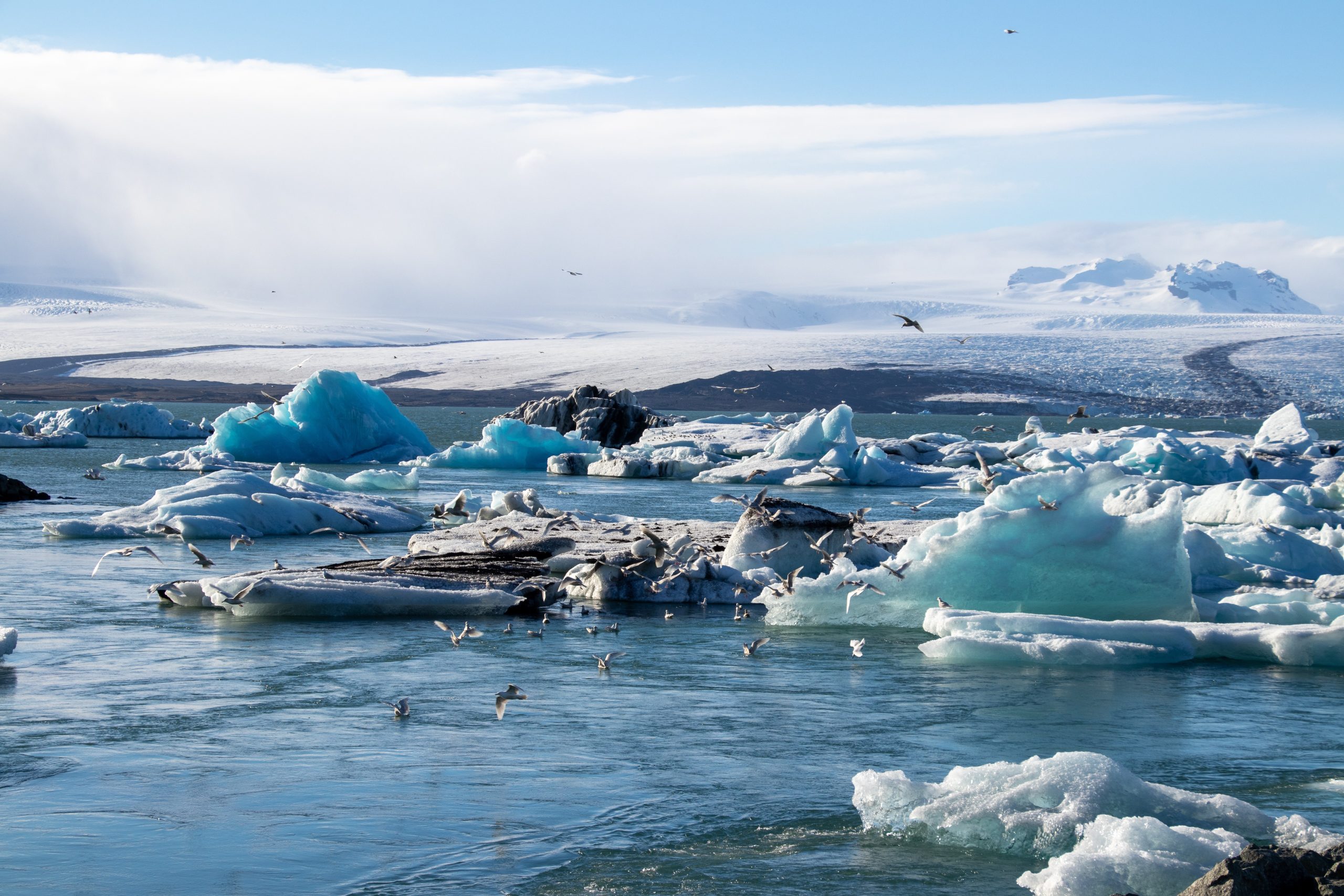Most scientists had once assumed that the massive Ice sheets of Antarctica were largely invulnerable to climate change, but not any more. During the past 25 years, the East Antarctic Ice Sheet has contributed significantly to rising sea levels, mainly caused by climate change. It is estimated if, due to some reason, the Eastern two-thirds of the ice sheet melted, the sea would rise by 52 meters.
A new study, published in nature, shows the extreme consequences if the Ice sheets continue to melt at this rate. Almost 3 quarters of the Earth’s freshwater is frozen in huge continental ice sheets that covers Greenland and Antarctica. Both Greenland and Antarctica Ice sheets store the equivalent of around 65 meters of sea level rise. An approximate 1 billion worldwide people reside within 10 meters of sea level, including 230 million within 1 meter. Consequently, even relatively minor changes in the volume of these Ice sheets have dire consequences for the entire planet.

‘Circumpolar Deep Water has warmed by 0.8–2.0 °C along the continental slope between 1930–1990 and 2010–2018’. Laura Herraiz and alberto study mentions. Scientists measure the volumetric changes in the ice sheets by calculating the entire mass input and mass output. Mass input refers to the snowfall which adds on ice to ice sheets and mass output refers to the melting of Ice sheets. And the difference is called ‘mass balance’. Higher emission of greenhouse gasses warms the sea and in return it results in melting of the Ice sheets.
Latest shocking results
The latest study of Mass balance of sheets reveals a very disturbing picture for both Greenland and Antarctica. The Greenland Ice has lost 3.9 trillion tonnes of ice in the last 25 years, causing global sea level to soar by 11 millimeters over this period. A much identical story has surfaced from the West Antarctic Ice Sheet. The West Antarctic Ice Sheet holds around 5.3 meters of sea level and already lost more than 2 trillion tonnes of ice between 1992 and 2017, causing the sea level to rise by 6mm.
More consequential than we assumed
Ice sheets around the globe are far more sensitive to climate change than previously thought by the scientists. Recent work has also revealed that ice in western part of Antarctica has retreated 700 km inland from its previous position around 400,000 years ago, when global temperatures were only 1 or 2℃ higher than present. A key lesson from the recent study is that the East Antarctic Ice Sheet is highly sensitive to relatively smaller changes. ‘Since this shift is predicted to persist into the twenty-first century, the oceanic heat supply to East Antarctica may continue to intensify, threatening the ice sheet’s future stability.’ Study by Nature suggests, the world’s leading multidisciplinary science journal.





